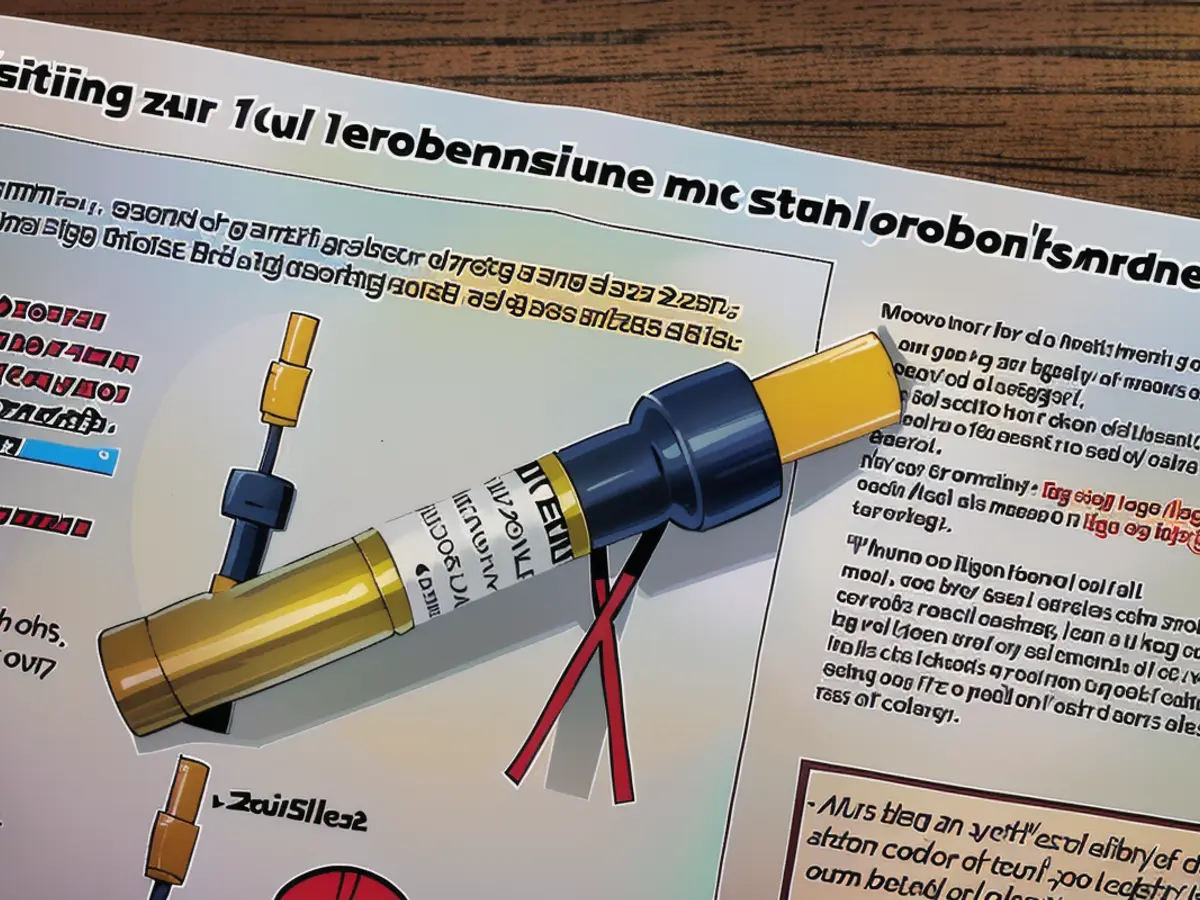What value do gut microbiome tests hold?
Someone searching for solutions to their ongoing digestive issues frequently turns to the internet. There, they may come across microbiome self-tests that claim to provide information on the makeup of gut bacteria. However, experts are hesitant about their effectiveness.
To learn what microorganisms live in your intestines, you can use self-tests that analyze your feces. The process: you buy a kit, collect a sample at home, and send it off. After the sample is analyzed in the lab, you receive the results, often accompanied by dietary suggestions and actions to take.
The German Society for Gastroenterology, Digestive and Metabolic Diseases (DGVS) discourages people from using these microbiome self-tests. One reason is because these tests are hard for users to understand. Another reason is the uncertainty surrounding the origin of the analyzed stool, explains DGSV spokesperson Birgit Terjung. The intestinal bacteria in the stool and the bacteria that attach to the intestinal lining are significantly different.
No standardized method for analyzing gut microbiome
There is a lack of validated and comparable methods for examining the gut microbiome. As Terjung points out, there's no established definition of what constitutes a healthy gut microbiome. The microbiome changes from person to person, similar to a fingerprint.
It's risky to make dietary alterations or take pre- and probiotics or food supplements based on the results of stool analysis because they may not suit your unique microbiome.
Laboratories often partner with probiotics companies
Laboratories often collaborate with specific probiotics companies, then advocate for the intake of their products. "Besides, the analysis laboratories usually advise a follow-up examination to measure the effect of the proposed measures," says Terjung.
The cost of a stool analysis including recommendations for dietary changes or probiotics is usually hundreds of dollars. Health insurance companies do not cover these expenses.
Read also:
- This will change in December
- Dikes withstand water masses so far - Scholz holds out the prospect of help
- Fireworks and parties ring in 2024 - turn of the year overshadowed by conflicts
- Attacks on ships in the Red Sea: shipping companies avoid important trade route
Despite the popularity of gut microbiome self-tests among individuals seeking digestive solutions, the German Society for Gastroenterology, Digestive and Metabolic Diseases (DGVS) cautions against their use due to their complexity and uncertainty of the analyzed sample's origin. Further, the lack of a standardized method for analyzing the gut microbiome complicates the interpretation of test results, making it risky to make dietary changes or take supplements based on them, explaining DGVS spokesperson Birgit Terjung.
Given the unique nature of each individual's gut microbiome, it's crucial to consider that dietary alterations or supplement recommendations might not suit every person. This raises questions about the effectiveness and relevance of Nutrition Education based on Microbiome self-test results, highlighting the need for further research and validation in this field.
Source: www.ntv.de







